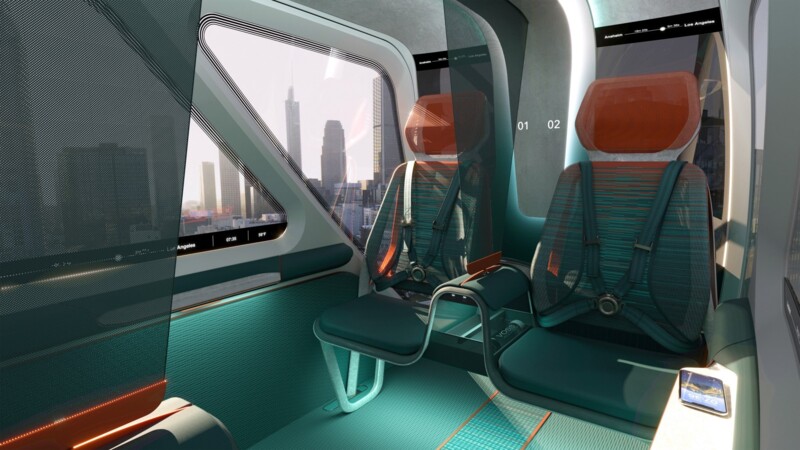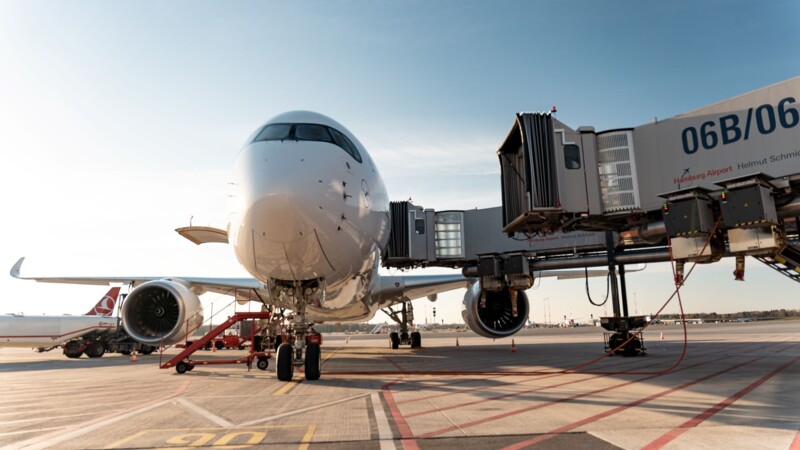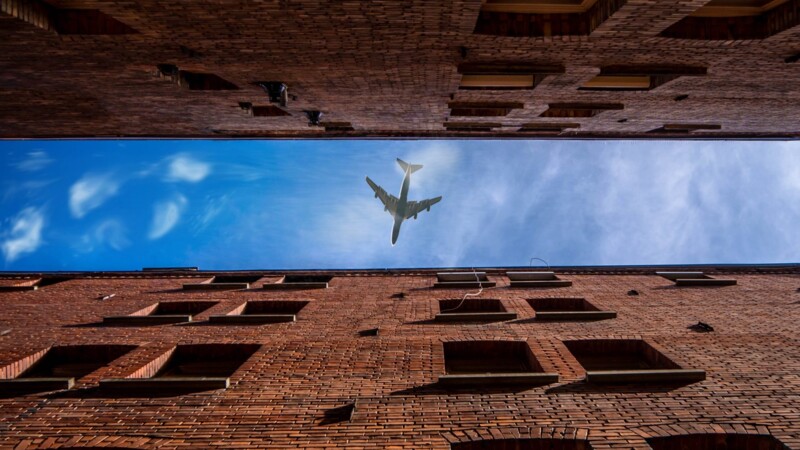Air New Zealand scooped the Crystal Cabin Award in the "Cabin Concepts" category for its "Skynest" lie-flat cabin that offers economy passengers more comfort on long-haul flights. The cabin can be booked for up to four hours on flights to North America from 2024. Meanwhile, Thales Avionics won the "Cabin Systems, Materials and Components" category with its Onboard Data Center (ODC). This new IT architecture for commercial passenger aircraft uses a system of “blades” for sharing storage and computing capabilities. The jury was particularly impressed by the prospect of using common web-based technologies in the air and that offer up to ten times the capacity of existing IFE servers.
This year's Crystal Cabin Awards honoured novel sleeping cabins, modern IT systems, smart technologies and sustainable materials to make flying more sustainable, more connected and more comfortable, a press release said Tuesday (June 6, 2023). The coveted trophies for innovation in cabin technology and passenger experience were presented during a gala dinner in Hamburg's Chamber of Commerce in the categories Cabin Concepts, Cabin Systems, Materials and Components, Health & Safety, Passenger Comfort, IFEC & Digital Services, Sustainable Cabin and University.
Cosy berths and ingenious onboard data centre
Flying safely and healthily
Health is a top priority in aviation nowadays and especially in the wake of the pandemic. The award in the "Health & Safety" category went to Teledyne Systems for its its cabin air quality monitoring system ACES. The systems monitors several parameters in real-time and relays the data to ground stations. Laboratory-standard sensors check airborne particulates and gasses such as carbon dioxide, carbon monoxide and ozone and volatile organic compounds. The jury praised ACES’ ability to reduce airline maintenance costs and downtime by allowing operators to validate repairs on-board without any additional sensor systems. Another winner, Collins Aerospace’s Intelisence uses artificial intelligence to leverage data gleaned from cameras and sensors to predict passengers’ ideal travel experience. The many benefits of the system yielded the award in the "Passenger Comfort" categoryy.
Awards for more connectivity and sustainable cabin products
Connectivity was a key trend in this year's entries. The LEO Connectivity Solution by AirFi and its co-operation partner Iridium proved the deserving winner of the "IFEC und Digital Services" category. Invisible to the passenger, the solution connects to the Iridium Certus system using a pen-sized antenna in the window frame that costs substantially less than typical broadband antenna solutions. Travellers can chat with family, friends and colleagues on WhatsApp and iMessage, while the crew can use the system to access ACARS transmissions or validate credit card payments.
Later, the award in the Sustainable Cabin category went to Deep Dyed Carpet by Lantal Textiles. The entry could potentially improve the carbon footprint of aircraft cabins by saving 60 per cent of water and 80 per cent of waste during production as well as weight and CO2 emissions. The Technical University of Delft came up trumps in the "University" category which offers students a forum for imaginative clean-sheet designs. The team's winning 3D-printed Lightweight Aircraft Seating uses sustainable fibres for a lightweight seat cushion that uses less material to support a passenger's body. Seats and the aircraft become lighter overall.
The CCA trophies presented this year have also proved novel. Manufactured by Fraunhofer IPT from recycled materials, the polymer-based processes and materials used will soon go towards a new generation of sustainable cabin components to reduce emissions in the aircraft cabin industry.
nj/mm/pb
Sources and further information
More
Similar articles

Finalists of Crystal Cabin Awards 2023 to be announced

Shortlist of Crystal Cabin Awards 2023 announced

Green boost for aviation thanks to funding schemes
